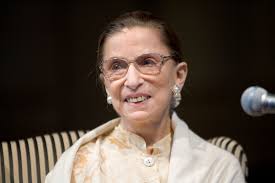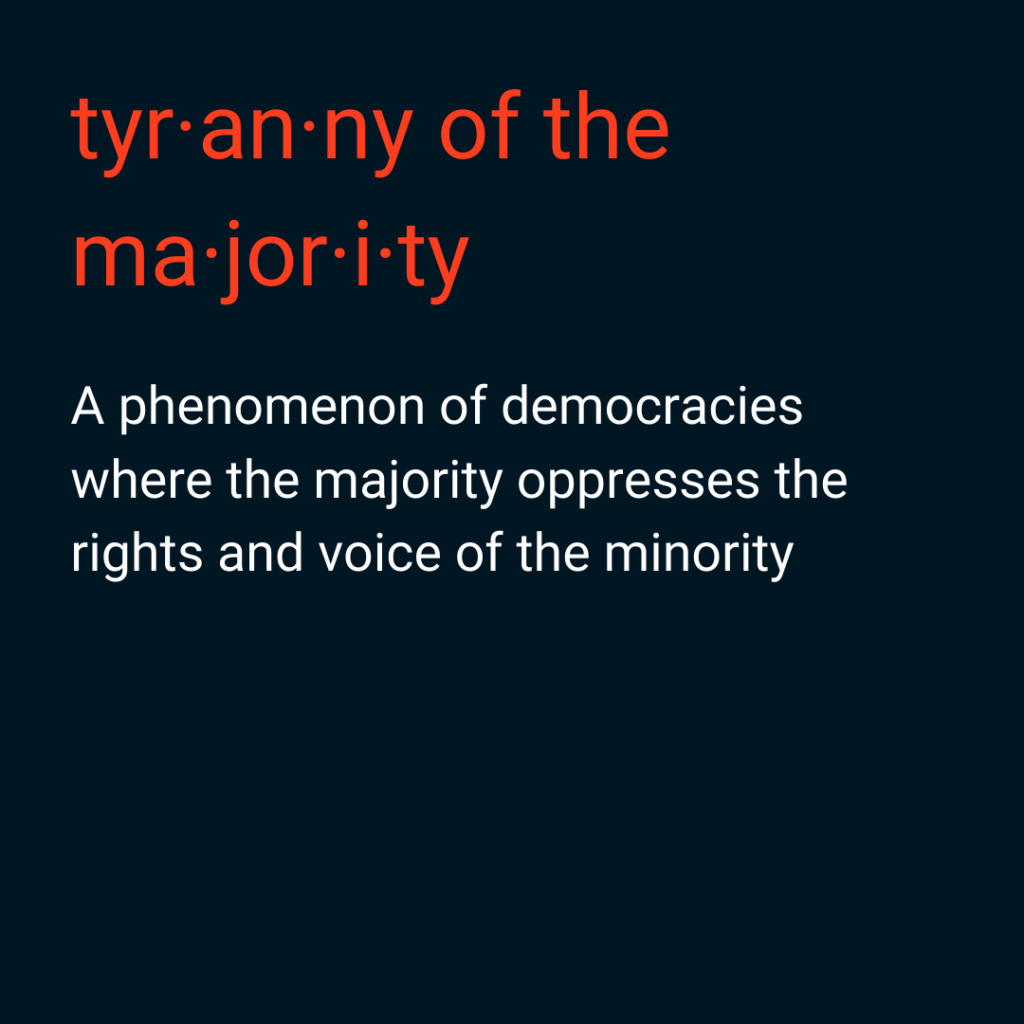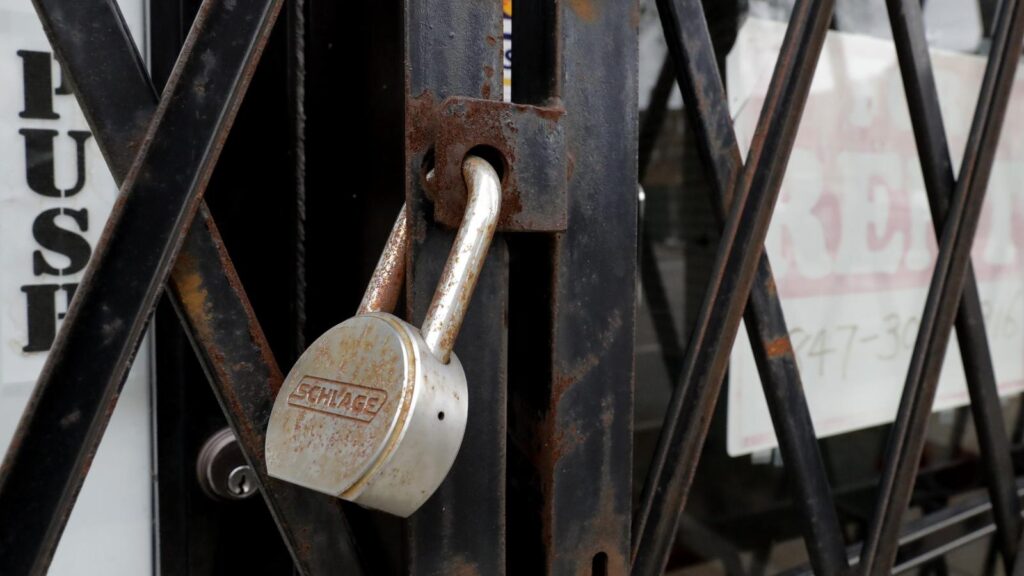The close friendship between Justice Ruth Bader Ginsburg, on the left, and Justice Antonin Scalia, on the right, was because they were reasoned even in their differences. They would apply logic, law and constitutionality in a more objective manner than the politicians who see differences as a basis for conflict.
This ability to reason together was evident in their discussions of legal briefs and opinions where they arrived at different conclusions. They would actually share their written opinions before publishing them – enabling them to point out weaknesses or other facts. In an odd sort of way, they would make each other’s written opinions stronger. They would engage in a game of judicial chess – looking to best each other while admiring the other’s abilities.
Ginsburg’s objectivity was seen in the debates over abortion. There can be no doubt of Ginsburg’s commitment to abortion as a fundamental right of a woman. But she could also see the constitutional weakness and vulnerability of Roe v. Wade. She was concerned that it could be overturned – not on her belief in the rights of a woman, but on the nature of the 1973 Supreme Court decision. Her judicial integrity trumped her political affiliation when she stated that Roe v. Wade was “poorly reasoned” and “too sweeping.”
Ginsburg’s concern was that the weakness of the decision could – and would – form the basis for overturning the decision on technical deficiencies unrelated to the moral issue of abortion, itself. She believed that it would take congressional action to strengthen the legal and constitutional case for abortion on demand.
Much is being reported on Ginsburg’s dying wish that it be the President inaugurated on January 20 who would nominate her replacement. Her personal wish, however, runs contrary to her belief that the power to nominate and confirm rests with the incumbent President and Senate. She specifically underscored in the past that there is nothing in the Constitution to prevent such action in an election year. She most recently expressed that opinion in conjunction with President Obama’s nomination of Judge Merrick Garland.
In the outrage over the possibility of President Trump picking a third justice of the Supreme Court, Democrats have resurrected their back-burner threat to increase the number of justices on the high court by as many as 6 to 8 new seats. Ginsburg has been consistent and staunch in her opposition to any such plan.
While it is true that the number of justices varied before 1869, there is a reason why the number has remained at nine for more than 150 years. Prior to 1869 Supreme Court justices traveled circuits. As the population increased, there needed to be more circuits – hence more judges. When justices no longer traveled the circuits – remaining in Washington full time — there was no further need to impanel more justices – and it would be prudent for Congress to send a constitutional amendment to the states locking that number in the Constitution.
In May of 2020 – just four months before her death – Ginsburg authored an opinion that aligned with conservative criticism of the activist and uber liberal Ninth District federal courts. She harshly criticized the Ninth District Appellate Court for violating “party representation” – a principle that requires the parties to any case to present the arguments. Not the court, itself.
In her Opinion, Ginsburg wrote that “… we rely on the parties to frame the issues for decision and assign to courts the role of neutral arbiter of matters the parties present. That principle forecloses the controlling role the Ninth Circuit took on in this case.”
She further noted that “the Ninth Circuit’s radical transformation of this case goes well beyond the pale.”
In a number of public appearances, her good friend Justice Scalia often noted that he and Ginsburg agreed much more often then they disagreed – although the disagreements were generally the higher profile cases.
While it is true that Ginsburg – as a liberal Democrat – had a personal desire to have a Democrat President select her successor, her legal opinion of the right of a President to nominate – and the Senate confirm – is not restricted by arguments regarding election years. And she would strongly oppose increasing the number of justices for any reason – especially political retaliation.
It would seem that for political reasons, Democrats and Trump-haters are mourning a woman of their own making – and not the lady who sat on the Supreme Court for 27 years.
So, there ‘tis.




